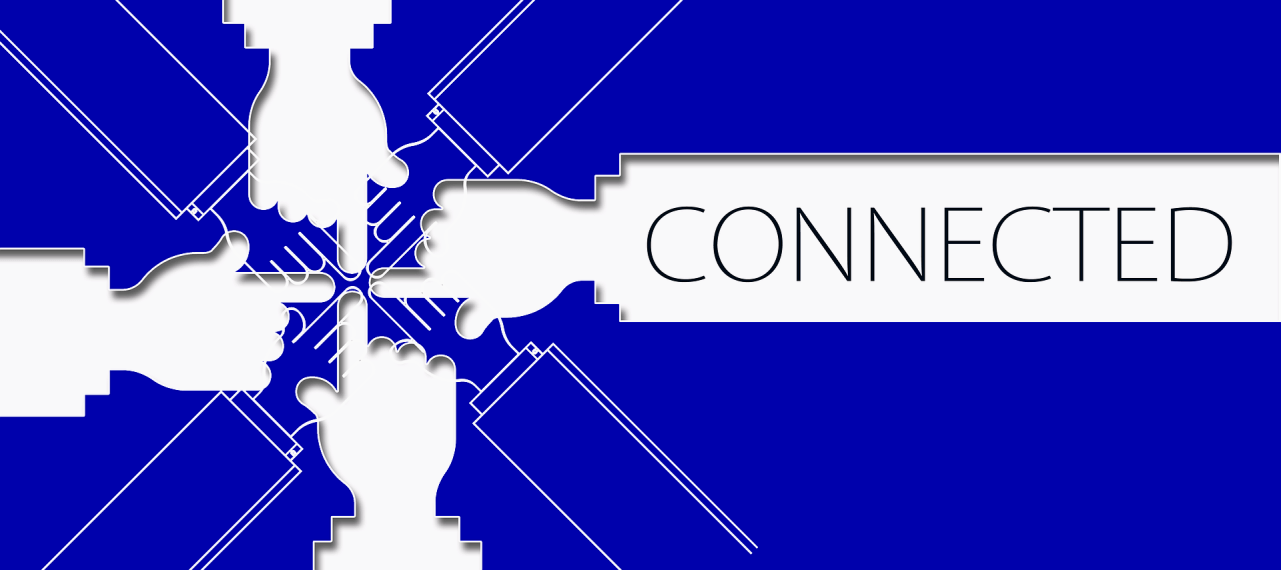The Cultural Significance of Domain Names – An Anthropological Study on the Role of Domain Names as Symbols of Brand Identity, Cultural Markers, and Tools for Online Expression and Behavior, and their Influence on our Collective Identity and Creative Expression in the Evolving Digital Landscape of the 21st Century.
Domain names have become an integral part of our modern world. They serve as unique identifiers for websites and are essential for accessing online content. However, beyond their technical function, domain names also carry significant cultural value. In this article, we will explore the anthropological significance of domain names and their role in shaping our online culture.
To understand the cultural significance of domain names, we must first look at their historical context. The first domain name was registered in 1985, marking the birth of the World Wide Web. At the time, domain names were simply a technical tool for organizing and accessing online content. However, as the internet grew and evolved, so did the role of domain names.
Domain names are now much more than just technical tools. They have become a part of our cultural identity, representing our businesses, brands, and even ourselves. When we choose a domain name, we are making a statement about who we are and what we stand for. Domain names have become symbols of our culture, reflecting our values, beliefs, and aspirations.
In many ways, the cultural significance of domain names is similar to that of a traditional street address. Just as a street address represents a physical location in the real world, a domain name represents a virtual location in the online world. Both serve as identifiers that help us navigate and find what we are looking for. However, domain names also have a unique cultural value that street addresses do not.
One of the most significant cultural values of domain names is their ability to create and reinforce brand identity. A domain name can become synonymous with a brand, representing its values, mission, and personality. For example, the domain name Nike.com represents much more than just a website. It is a symbol of the Nike brand and all that it stands for. The cultural significance of the Nike domain name is evident in the fact that it has become a household name, recognized by people all over the world.
Domain names can also serve as cultural markers, representing specific communities, cultures, and languages. For example, a domain name ending in .fr represents a website that is associated with France, its culture, and its language. Similarly, a domain name ending in .jp represents a website that is associated with Japan and its culture. Domain names can serve as a way to connect people with their cultural heritage and identity.
Another important aspect of the cultural significance of domain names is their role in shaping our online behavior and culture. Domain names can influence the way we think about and interact with the online world. For example, a domain name that is easy to remember and spell can make it more likely for people to visit a website. A domain name that is catchy and memorable can also make it more likely for people to share it with others, spreading its cultural significance even further.
The cultural significance of domain names is not limited to their technical function. Domain names can also serve as a source of creativity and inspiration. Many people have used domain names as a canvas for artistic expression, creating unique and memorable websites that reflect their creativity and individuality. In this way, domain names have become a tool for cultural expression and a way to showcase our individuality and creativity.
The cultural significance of domain names is multifaceted and complex. Domain names serve as unique identifiers for websites, but they also carry significant cultural value. They represent our businesses, brands, and even ourselves, serving as symbols of our culture and identity. Domain names can create and reinforce brand identity, serve as cultural markers, influence our online behavior, and even serve as a canvas for artistic expression. As the internet continues to evolve and shape our culture, the cultural significance of domain names will only continue to grow.

